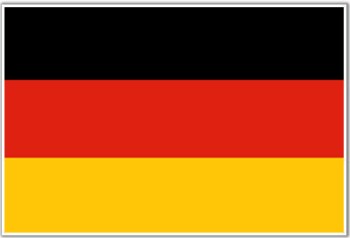German Lotto syndicates
 The great Australian dream of winning Lotto is what these scammers are banking on.
The great Australian dream of winning Lotto is what these scammers are banking on.
Sum Finanz (a Swiss company which runs its games from the Netherlands) operates under various names including IWG, W4A and TLA.
It sends out letters, sometimes accompanied by scratch and win cards, claiming you have won a big prize. But the so-called "big prize" is just a hook to get you to sign-up to a German Lotto syndicate.
You'll need a magnifying glass to read the fine print which details the convoluted rules surrounding your so-called "win". Basically, it reveals that you haven't actually won the "big prize" or the amount on the scratch and win card, just the chance to enter a competition to win the prize.
The sting is that the winner has already been determined through a pre-draw. If that person doesn't respond within seven days, the scammers keep the money.
On the off chance that the winner does respond, Sum Finanz has another ace up their sleeve. In the rules, it states that it "retains the right to award a different, similar or equal prize, or the cash equivalent, instead of the prize described". Now, that is rich!
This letter is just a pitch for you to buy into a lottery system for about US$20 to US$36 a draw. However there is a minimum participation time of one month which equates to 8 or 9 draws.
If you sign an authorisation to debit your bank account, you could see anywhere from US$160 to US $325 disappear from your bank account.
If you want to stop playing, you will have to write to the company to cancel the authorisation and it could take some time before the deductions stop.
If you are going to play lotto then stick with the government regulated system in Australia. Profits from the Australian lotto system go to legitimate charities that help fellow Australians and not into the pockets of scammers.
It is important to remember that the promotion of overseas lotteries in Western Australia is illegal. Aside from the illegal conduct, WA ScamNet has general concerns about these types of promotions:
The ticket prices may be higher than the face value of the actual lottery ticket;
Consumers usually don't receive the tickets but instead receive statements providing information about the prize draw and any "winnings".
Consumers often don't know if they are part of a syndicate or the size of the syndicate; or even if their money is actually spent on purchasing tickets;
It is questionable whether any small "winnings" consumers may occasionally receive are actual prize payouts. The so-called "winnings" could be funded from other consumers' ticket money as a ploy to keep people "in the game";
Check out the US Federal Trade Commission for further information about overseas lottery syndicates.



